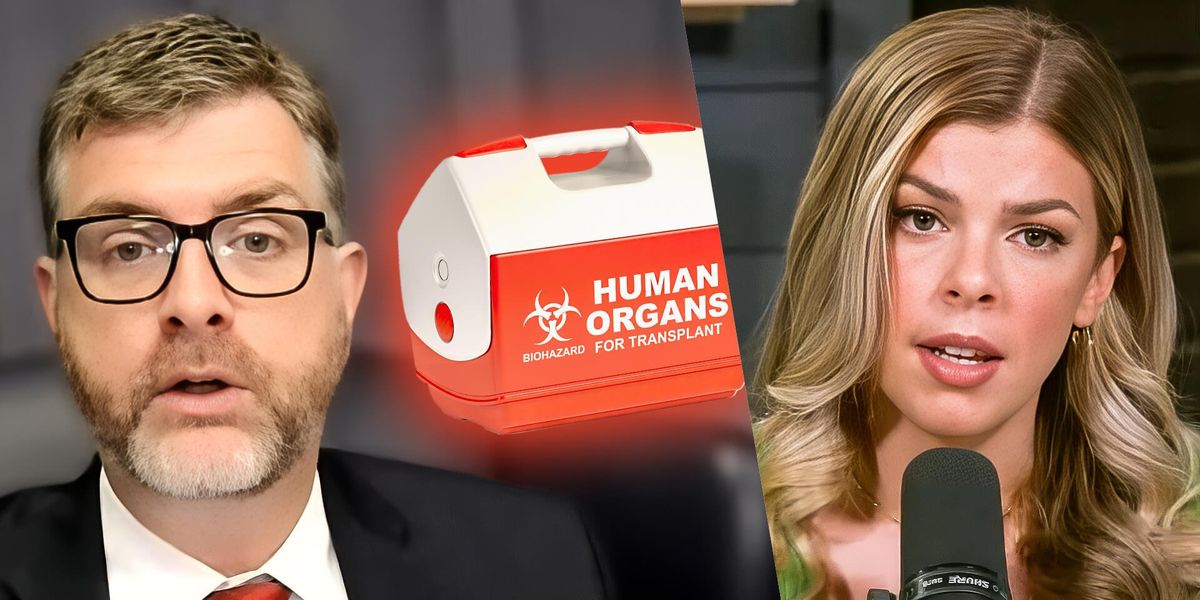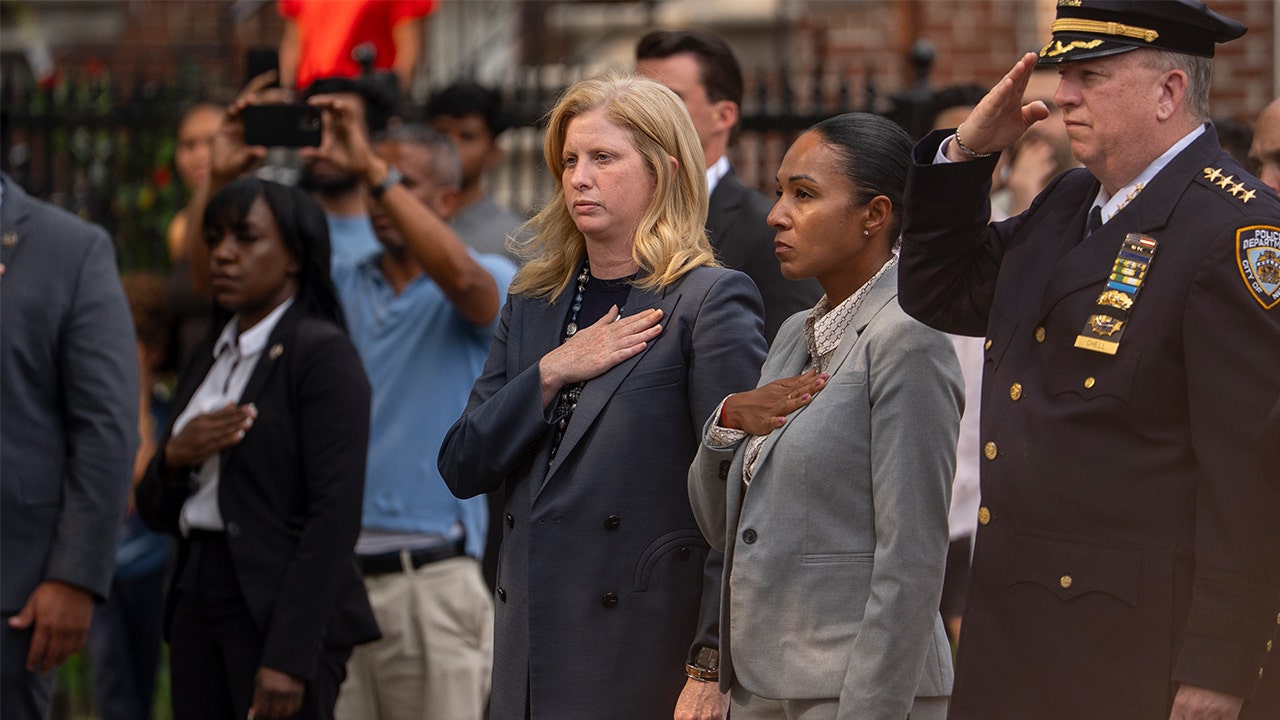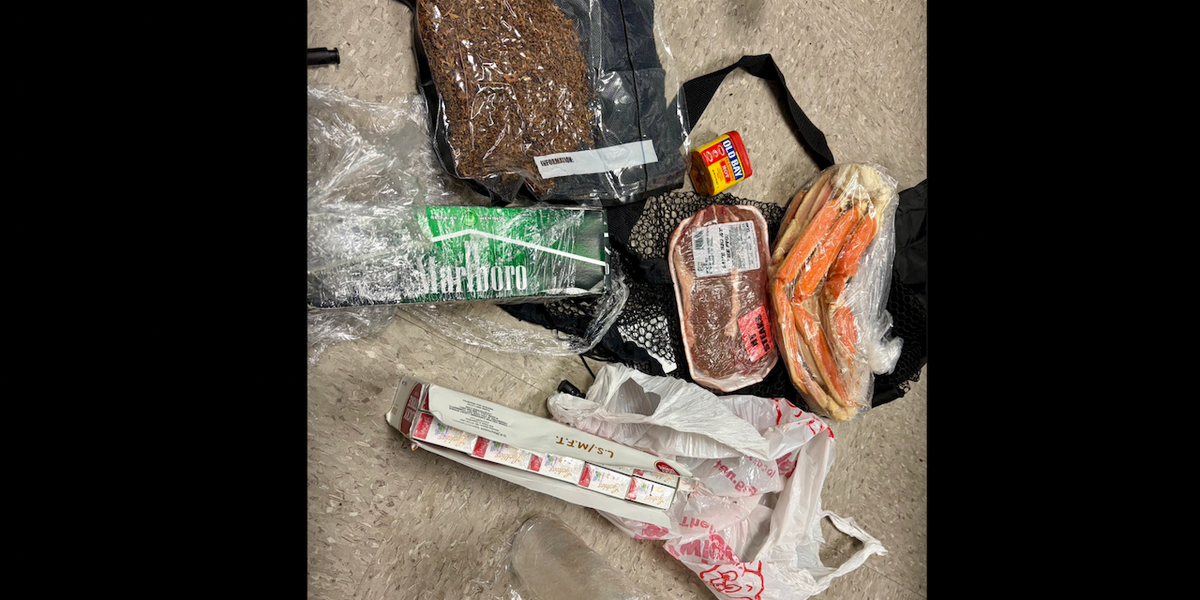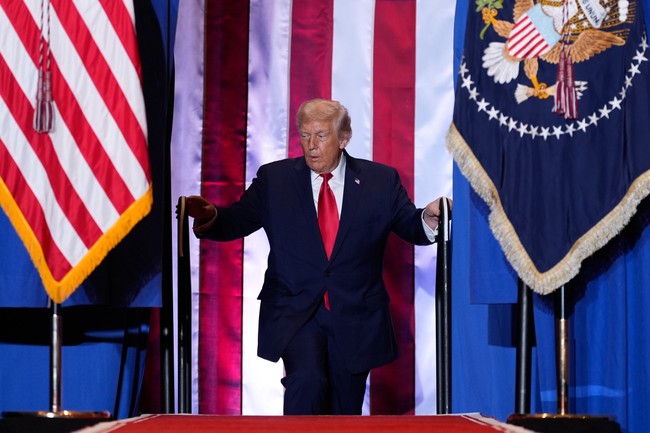“Conspiracy theorists” have been sounding the alarm about organ donation and the practice’s potentially shady incentives for decades, only to have their concerns brushed aside as crazy or even selfish — until now.
Secretary of Health and Human Services Robert F. Kennedy Jr. has announced a major initiative to begin reforming the organ transplant system following an investigation that revealed horrific practices by a major organ procurement organization.
“Our findings show that hospitals allowed the organ procurement process to begin when patients showed signs of life, and this is horrifying,” Kennedy said, explaining that these organ procurement organizations must be held accountable.
Dr. Raymond Lynch is chief of the organ transplant branch at the Health Resources and Services Administration, which demanded a thorough, independent review of one federally funded organ procurement organization.
Lynch tells BlazeTV host Allie Beth Stuckey that the findings were “highly concerning.”
This particular organ procurement organization that’s been under investigation was operating in Kentucky, Southwest Ohio, and part of West Virginia, and they were found to be taking organs from patients that were showing signs of life.
And it’s been going on for much longer than this investigation.
One man, T.J. Hoover in Kentucky, was admitted to Baptist Health’s emergency room in 2021. He was unresponsive for two days before his family agreed to donate his organs. However, while he was being prepped for organ donation surgery, he began thrashing, crying, resisting, and showing signs of life.
And according to the HRSA investigation, Hoover’s case is far from the only one.
“HRSA examined 351 cases where organ donation was authorized but not completed, identifying issues — 103 cases. Of those, 73 patients showed neurological signs incompatible with organ donation, and 28 may not have been deceased when procurement began,” Stuckey says.
“The investigation uncovered poor neurologic assessments, lack of coordination with medical teams, questionable consent practices, and misclassified causes of death, especially in overdose cases,” she continues. “Not to get conspiratorial here, that’s very scary.”
One of the issues with their approach, Lynch explains, is that when potential organ donors are being assessed, there can be confusion as to whether or not their neurologic function is nonexistent or if it’s simply being “clouded by drugs.”
Not only that, but the family of the deceased donor will receive no compensation, and instead, the organ procurement organization pays the hospital for time and resources used. So some of the fees they collect are used to fund their activities.
“Is it reasonable to wonder if there would be more of an incentive, then, to allow a patient to die so that their organs could be harvested than it would be to keep them alive? Because there would be no reimbursement if that patient survives,” Stuckey comments.
“Well, to some degree we’re dependent on medical ethics, right?” Lynch says. “And this is a good faith system.”
Want more from Allie Beth Stuckey?
To enjoy more of Allie’s upbeat and in-depth coverage of culture, news, and theology from a Christian, conservative perspective, subscribe to BlazeTV — the largest multi-platform network of voices who love America, defend the Constitution, and live the American dream.
Read the full article here






![Nick Hogan Joins WWE RAW Tribute to His Father Hulk Hogan Following Death [WATCH] Nick Hogan Joins WWE RAW Tribute to His Father Hulk Hogan Following Death [WATCH]](https://www.boredtrashpanda.com/wp-content/uploads/2025/07/2025.07.24-04.46-boredtrashpanda-6882636ca67d2.jpg)
![Somali Student Threatens to ‘Pop’ ICE in Minnesota, ‘Bring the Whole Cavalry’ [WATCH] Somali Student Threatens to ‘Pop’ ICE in Minnesota, ‘Bring the Whole Cavalry’ [WATCH]](https://www.lifezette.com/wp-content/uploads/2025/12/2025.12.11-08.10-lifezette-693a7c610e4a8.jpg)




